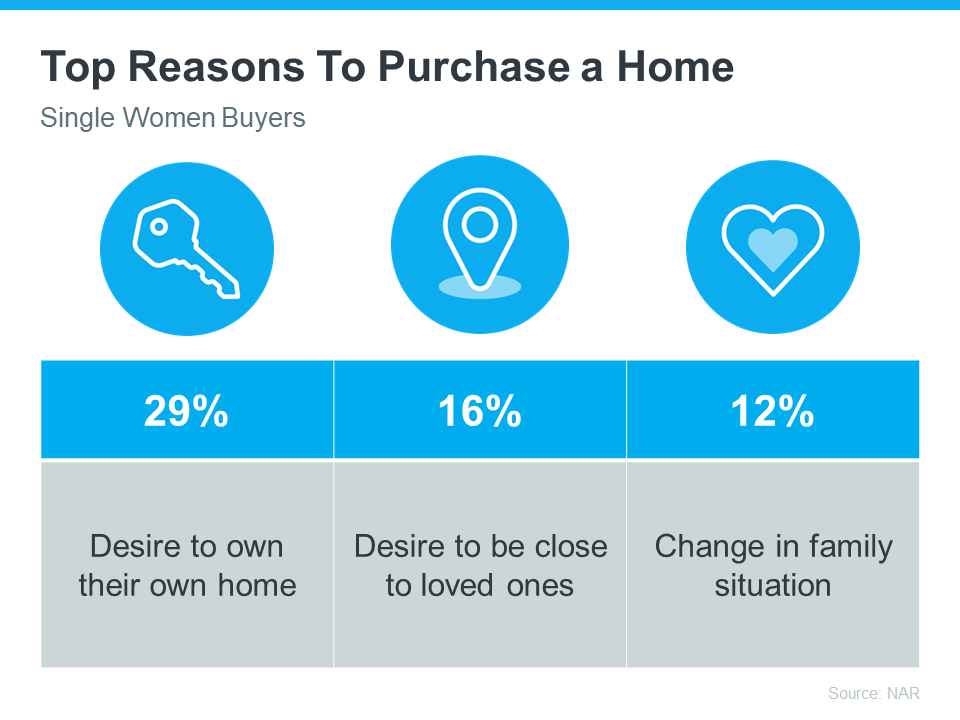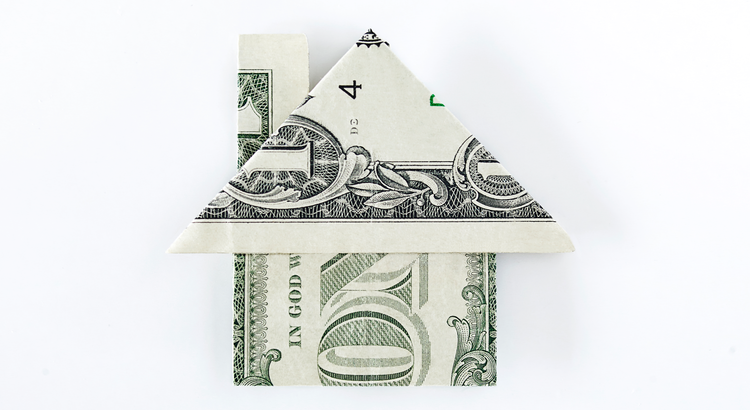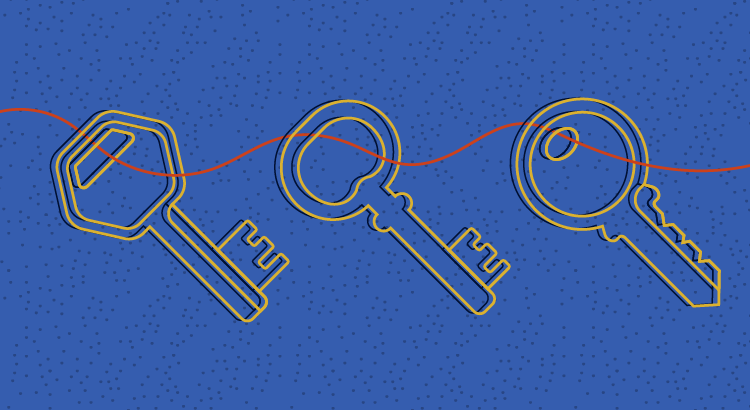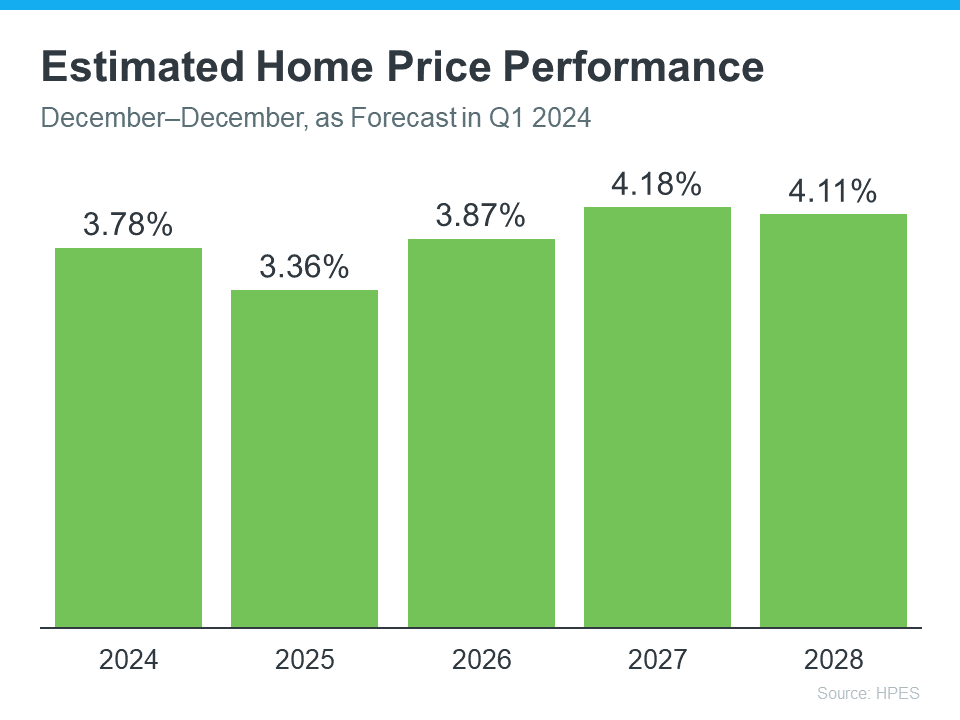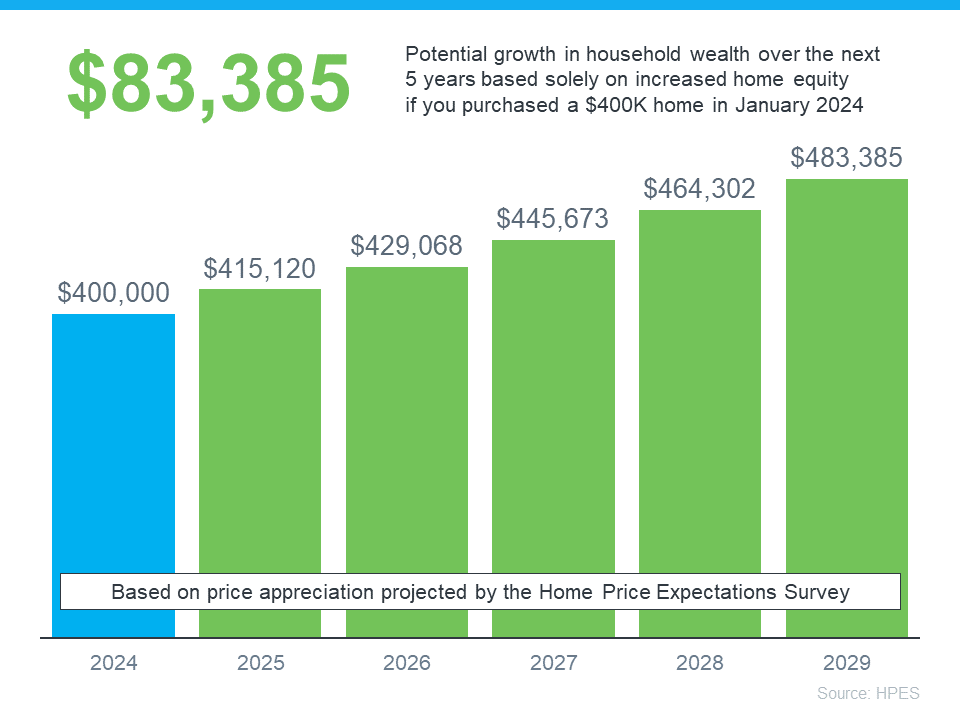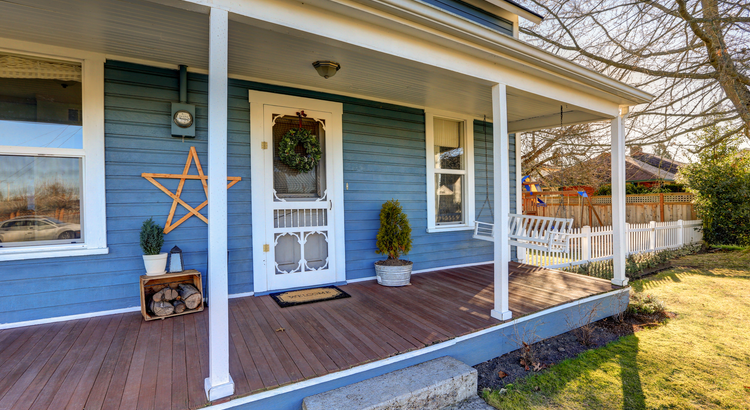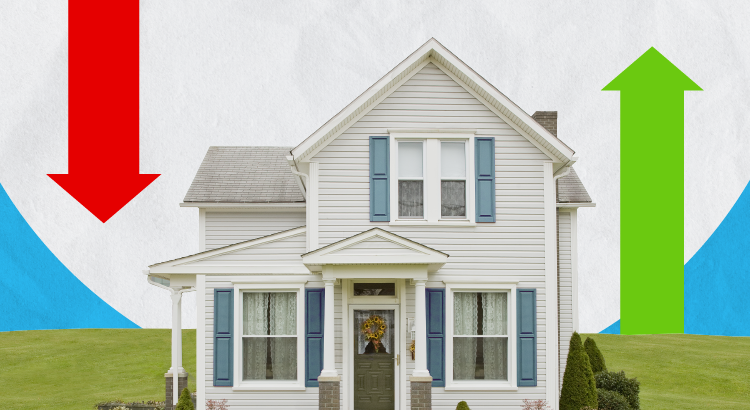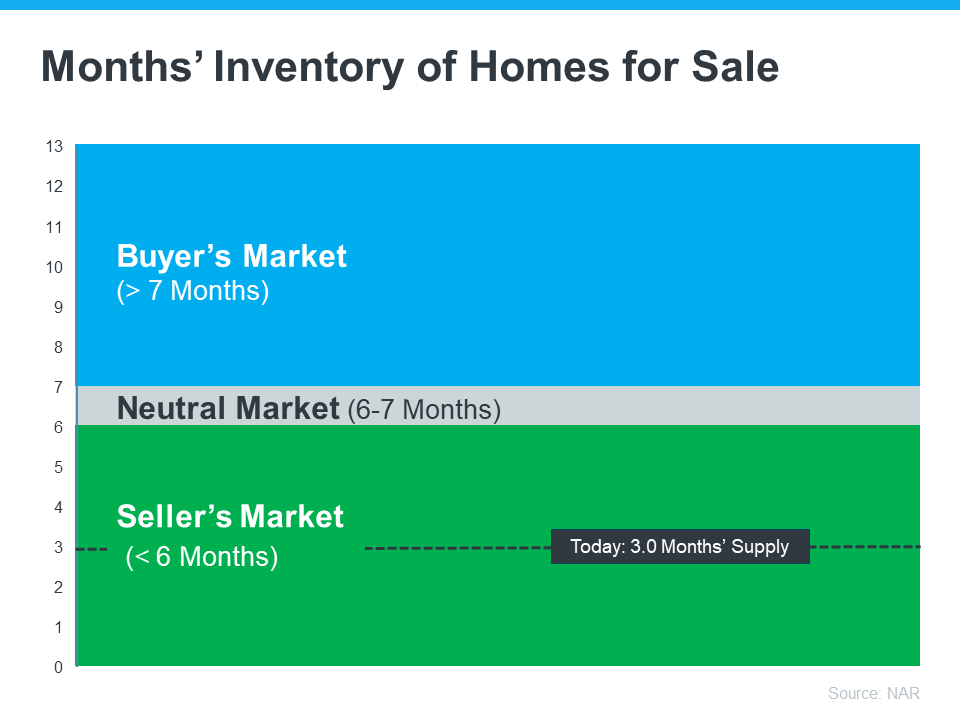
In today’s housing market, more and more single women are becoming homeowners. According to data from the National Association of Realtors (NAR), 19% of all homebuyers are single women, while only 10% are single men.
If you’re a single woman trying to buy your first home, this should be encouraging. It means other people are making their dreams a reality – so you can too.
Why Homeownership Matters to So Many Women
For many single women, buying a home isn’t just about having a place to live—it’s also a smart way to invest for the future. Homes usually increase in value over time, so they’re a great way to build equity and overall net worth. Ksenia Potapov, Economist at First American, says:
“. . . single women are increasingly pursuing homeownership and reaping its wealth creation benefits.”
The financial security and independence homeownership provides can be life-changing. And when you factor in the personal motivations behind buying a home, that impact becomes even clearer.
The same report from NAR shares the top reasons single women are buying a home right now, and the reality is, they’re not all financial (see chart below):
If any of these reasons resonate with you, maybe it’s time for you to buy too.
Work with a Trusted Real Estate Agent
If you’re a single woman looking to buy a home, it is possible, even in today’s housing market. You’ll just want to be sure you have a great real estate agent by your side.
Talk about what your goals are and why homeownership is so important to you. That way your agent can keep what’s critical for you up front as they guide you through the buying process. They’ll help you find the right home for your needs and advocate for you during negotiations. Together, you can make your dream of homeownership a reality.
Bottom Line
Homeownership is life-changing no matter who you are. Connect with a local real estate agent to talk about your goals in the housing market.

